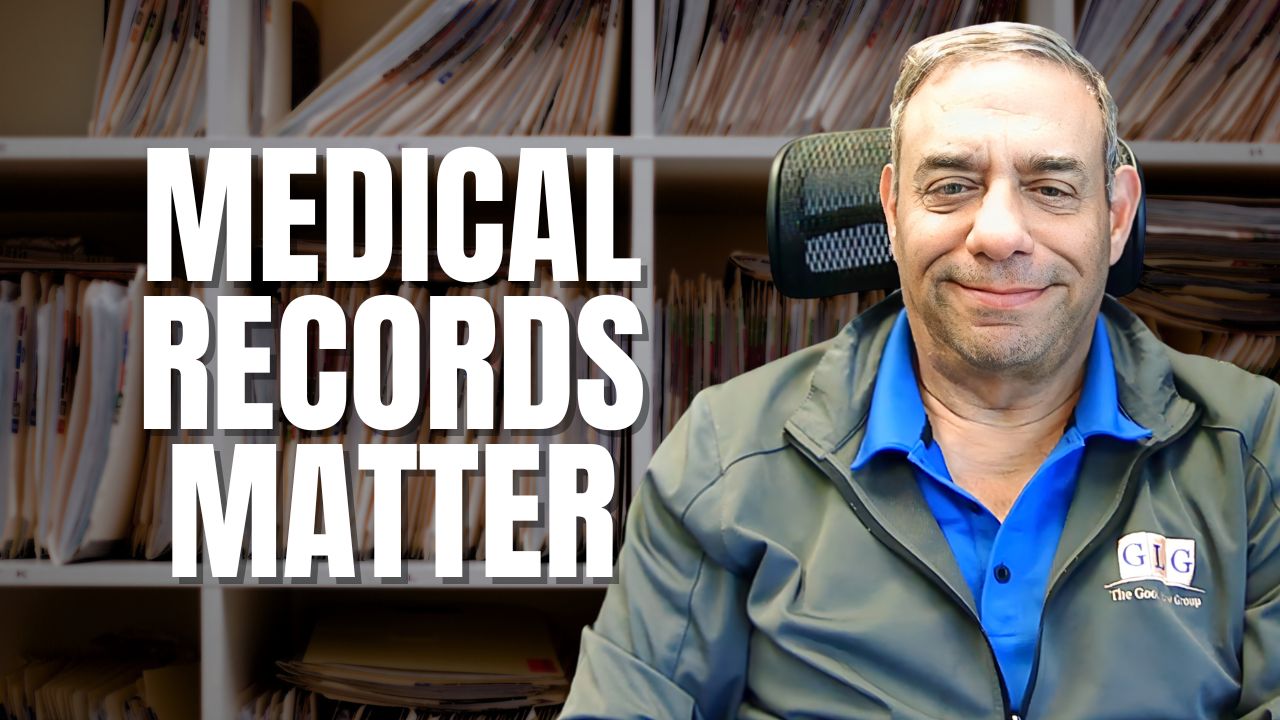Retirement, Survivors and Disability Insurance (RSDI), also known as the Old Age, Survivors and Disability Insurance Program (OASDI), is a federal program administered by the Social Security Administration. RSDI provides monthly benefits to retirees, disabled workers, and/or their surviving dependents. Benefits are intended to replace lost income following retirement, a disability that prevents an individual from working, or the death of a spouse or parent.
Though called Retirement, Survivors and Disability Insurance, the program comprises three distinct programs. Eligibility for each program, as well as the monthly benefit amount paid under each, depends on different factors, including the age when benefits begin, work history, and the recipient’s status.
Retirement
Retirement benefits are paid to individuals who have earned 40 work credits (the equivalent to roughly 10 years of work) and paid FICA taxes. The 40 work credits do not need to have been earned consecutively, meaning you can leave the workforce at any time and the credits, whenever earned, will accumulate toward the 40-credit requirement.
The monthly benefit amount is based on the retiree’s highest 35 years of earnings, so the actual amount varies among recipients. The monthly benefit amount also depends on whether the retiree elects to begin receiving benefits before, after, or at full retirement age. Full retirement age is 66 for individuals born from 1943-1954, and gradually increases to age 67 for individuals born from 1955-1960; after 1960, full retirement age is 67. Individuals who elect to receive retirement benefits at their full retirement age will receive the full benefit amount. In 2022, the average monthly retirement benefit is $1,657.
Individuals who take early retirement can elect to receive benefits at age 62, but the monthly benefit amount will be reduced to account for the early payments. Individuals can also delay receipt of benefits until age 70, and the monthly benefit amount will gradually increase until that age. This SSA benefits calculator can help you estimate how taking early or delayed retirement will impact your monthly benefits.
Survivors Benefits
Survivors benefits are paid to a retiree or social security disability (SSD) recipient’s widow/widower, minor dependents, and/or adult disabled dependents. In some cases, survivors benefits can also be paid to an individual’s ex-spouse or parents.
Like retirees, a widow/widower can elect to receive their spouse’s retirement benefits at the survivor’s full retirement age, or they can elect to receive early retirement at age 60 (57 if they are disabled). If the widow/widower (or the deceased’s ex-spouse) is the primary caregiver for the couple’s adult disabled child or a child under age 16, they can begin receiving survivors benefits immediately.
Surviving spouses are not the only ones entitled to survivors benefits. If the deceased is survived by an unmarried child under age 18 (or 19 if still in high school) or an adult child who was disabled before turning 22, survivors benefits will be paid to those children. An ex-spouse could receive survivors’ benefits if the marriage lasted for more than 10 years and the surviving ex-spouse is over age 60. Any survivors benefits paid to an ex-spouse will not affect benefits paid to the deceased’s surviving spouse and/or dependent children. Survivors benefits can also be paid to the deceased’s parents, if they are older than 62 and at least one-half of their support came from their child.
Like retirement benefits, the monthly survivors benefit amount depends on the deceased’s average lifetime earnings. In 2022, the average survivors benefit for a surviving spouse is $1,553 per month.
Disability Insurance
Social security disability (SSD) benefits are paid to individuals whose medical condition or disability prevents them from earning more than $1,350 per month ($2,260 for individuals who are blind). This amount is known as substantial gainful activity and changes annually. In addition, the disability must have lasted, or be expected to last, at least 12 months. Eligibility for SSD benefits also requires that the individual have earned enough work credits. Monthly benefit amounts are based on the beneficiary’s average monthly earnings, so the amount varies. However, the SSA estimates that in 2022, the average SSD benefit is $1,358 per month.
Individuals whose disability prevents them from working must apply through their local disability determination services office. Unlike retirement and survivors benefits, receipt of SSD benefits is not automatic. DDS examiners review each application to determine whether the individual’s medical condition meets the SSA’s strict definition of disability and whether there is any other comparable work, based on the applicant’s age, education, and work experience, that they can still do despite their disability.
Most SSD applications are denied at the initial application stage; the most recent statistics show that only 39% of applications are approved. The approval rating on appeal to an administrative law judge is higher, with an average approval rate of 44% (42% in the Chicago area). Hiring an experienced social security disability attorney or disability advocate can increase the chance that your disability application is approved. Disability attorneys and advocates have a thorough understanding of the disability application process and the SSA rules, so know what information to present to the SSA to support your disability claim, as well as the best way to present it.
The disability attorneys at The Good Law Group have more than 30 years combined experience handling social security disability cases at every stage of the process. We offer free case evaluations and if your case is accepted, you pay nothing unless you are awarded benefits.









